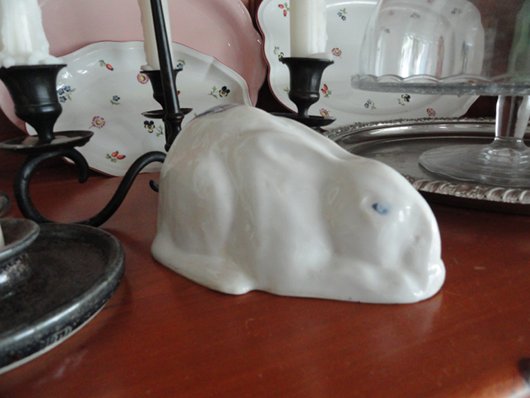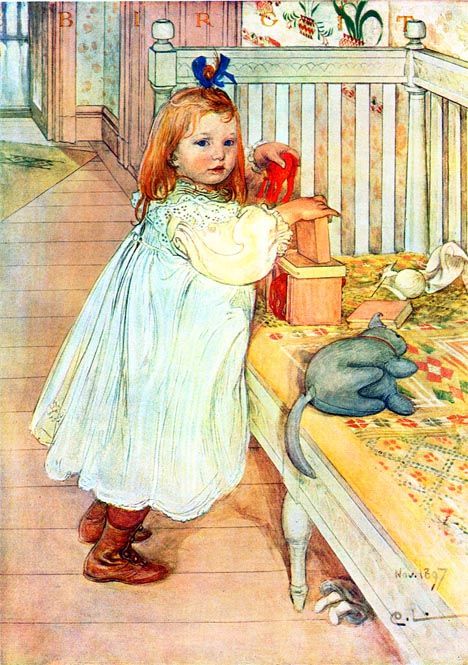When I first decided that I'd had enough of my rampant spending and the insidious system that encouraged it, I realised that a lot of the products I bought were advertised under a veil of misinformation. I knew that if I was to go on to develop a better life based on my values, I'd either have to disregard advertising altogether or at the very least, read and understand ingredient lists, examine products carefully and look beyond face value.
My path from then on was to think about everything I bought, particularly the ordinary and mundane things that fill up our fridge and pantry as well as clothing, shoes, makeup, appliances and most of the other "must haves" that make up modern life. Over the course of about a year, I cut many things from our grocery list by asking myself this simple questions: What is the truth of this? I realised that for many of our common items, I could make them better, healthier, cheaper and in a way that didn't impact on the already overstretched planet.
Making spring rolls at home.
Beetroot grown in the backyard for baking and pickling. Two small crops of beetroot will see us through our warm months when we have it pickled, with salads.
The "What is the truth of this?" question works well on food and groceries. The truth is that generally these products have been based on a simple recipe and then various preservatives, colourings and flavour enhancers are added because nothing tastes as good as home made and these commercial products have to sit on a shelf until someone buys them. I used to be one of those buyers but not now; now I make everything I can.
If you're not making you're own laundry and cleaning products at home, you're paying too much. Forget about your favourite brands and cut down on the number of chemicals you have in your home.
Cleaning and laundry products are the shining stars of what can be done better and cheaper at home. You don't need wood cleaner, bench cleaner, wall cleaner, glass cleaner, floor cleaner, bath cleaner, or any of the one-job products stinking up the cleaning aisles of most supermarkets. Most things can be cleaned effectively using vinegar, soap, bicarb, citric acid or just water and a stiff brush, or a recycled, soft, cotton cloth. You can make your own soap. The soap I make has four ingredients - caustic soda, olive oil, coconut oil and rain water. Regular bar soap contains a list like this: Tallow (this is animal fat), water, sodium cocoate, glycerine, fragrance, sodium chloride, titanium dioxide, ethidronic acid, tetrasodium edta, CI73915, CI74160. Your skin is your body's largest organ, you should trust what you wash yourself and your clothes with. The story's the same with laundry products. They can be easily made MUCH more cheaply than commercial products and they work really well. I make laundry liquid using four ingredients - soap, borax, washing soda and water. Have a look on the packet of commercial liquid and you'll find the story is completely different. And it doesn't have to be. The recipe for making laundry liquid using four ingredients is in my side bar.

Calendula oil, made by infusing calendula petals in olive oil and just sitting the jar in the sun for a week or so. This can be used for itchy and inflamed skin, nappy rash, eczema, stings and bruises and also as a base for lip balm and ointment. If you make your own soap, you can also use it to make a soothing soap.
When it came to products not purchased as frequently, I still asked that question. "What is the truth of this?" The answer could be anything. It could be, in the case of clothing or shoes, that it was made in a sweat shop. In the case of makeup, it could contain harmful ingredients or that the ingredients hadn't even been tested for safety. For appliances, the answer may be that it was made to break and be unusable in a short amount of time - generally just outside the time the warranty expired. So I started teaching myself to make clothes and while I'm not making everything, I do make some things and I'm happy that I do. I can't make shoes but I'm still wearing the shoes I wore when I was working for a living. I have certainly stopped wanting new outfits and matching shoes every year. I never look fashionable but at least my clothes are clean and tidy. And when I'm shopping for appliances, I look for those that can be fixed, have a low need for electricity and, hopefully, made in Australia; although that is now becoming a rare find indeed.

Cheap and easy biscuits - recipe is here and to make the condensed milk you need in the recipe, that is here.
There are some good products out there but you have to know what they are and if they suit you and your budget. Do your research. Don't buy something because you always do, be mindful of your family's health when you shop and if the price is an issue, see if you can make that product at home. Most food and cleaning products can be made at home, just like our great-grandmothers and all her antecedents did. Most of the products we use regularly arrived in our supermarkets in the 1950s and 60s. It wasn't always like this.
We've been spun a line, a line that contains mostly a commercial core and I've stopped believing that our products have been tested and are safe. I no longer believe that our government protects us. They're more concerned with keeping big business profitable. I want all our countries to continue to prosper but not at our expense. So at every opportunity and small step by small step, I look at something I need and continue to ask the question. What is the truth of this?
Are you a mindful shopper? Do you check ingredients lists and country of origin?






























































.jpeg)





.jpeg)
.jpeg)
.jpeg)
